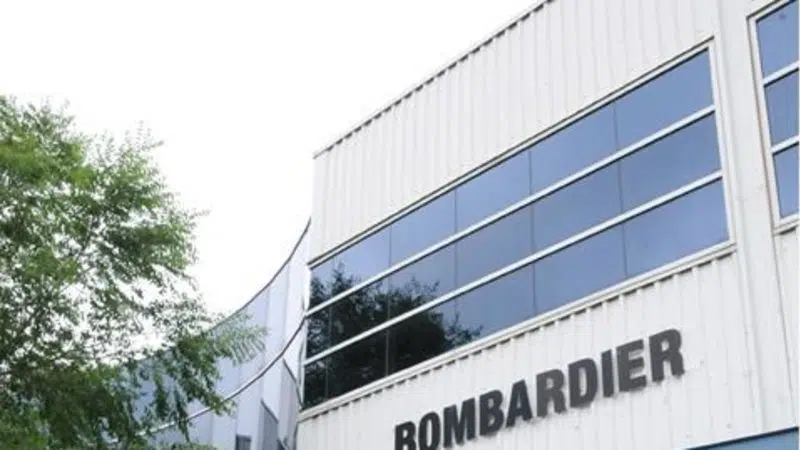
Federal Liberals, Ontario Tories point fingers over looming Bombardier layoffs
The federal Liberals and Ontario Tories are blaming each other for the impending loss of 550 jobs at Bombardier’s railway car plant in Thunder Bay, Ont., as the transportation giant’s Canadian rail footprint continues to shrink.
Bombardier Inc. announced Wednesday it is laying off half of the 1,100 workers at the plant as two major contracts in Ontario — for Toronto Transit Commission streetcars and Metrolinx GO Transit rail cars — are slated to end by 2020.
The layoffs — which will amount to nearly 30 per cent of Bombardier’s rail manufacturing workforce in Canada — will begin in early November and continue until the contracts are completed, the Montreal-based company said.
Federal Labour Minister Patty Hajdu said Wednesday that Ontario’s premier failed to deliver on a promised contract for the facility — Thunder Bay’s largest private sector employer — in her hometown that could have saved jobs.


